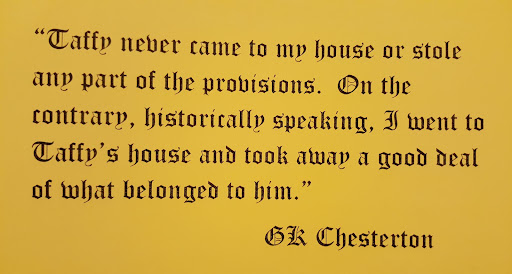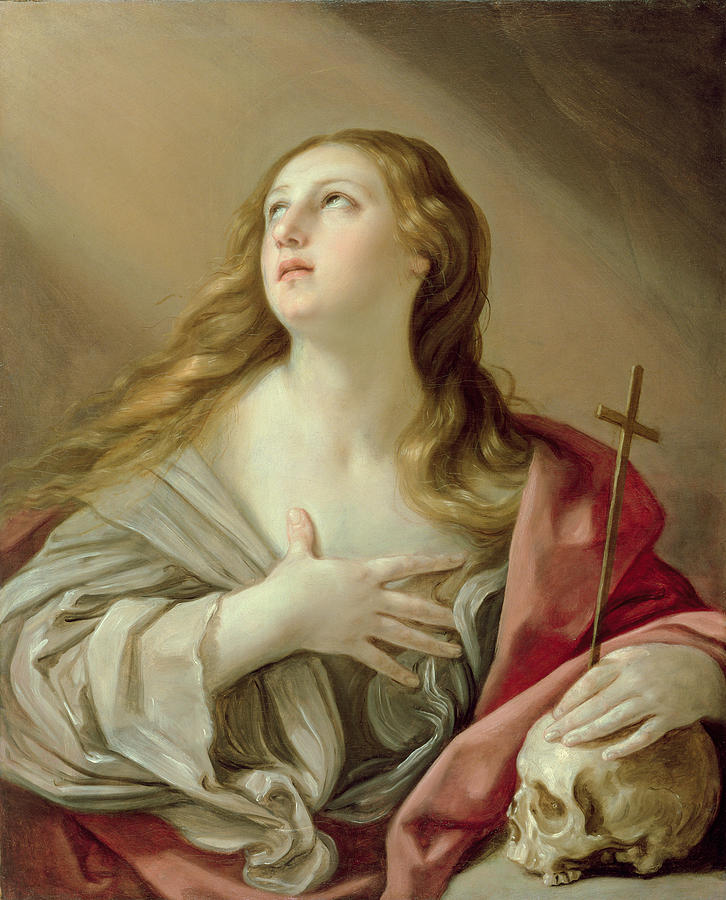Father Brown À La BBC
I dusted off my copy of “The Complete Father Brown”, which of course is incomplete, to re-read “The Hammer of God” before it appeared on the BBC on Monday. It is a fascinating story of a murder in a small English Village. There is a Catholic Priest - Fr Brown, an Anglican Curate, a Presbyterian blacksmith with Catholic wife, an atheist cobbler, a number of policemen and poor Joe the village idiot. It is a story rich with Catholic theology, common sense, adultery, plenty of mystery, and lots of fun. Then we have the BBC version, which claims to be based on a “character” (Father Brown) by GK Chesterton, which has some of the above minus most of the religious element, half a dozen extra characters, allowing the programme to be longer than the 25 minutes it really needed, but this will no doubt increase the BBC’s revenue when selling the series abroad. They have added homosexuality/bisexuality to the programme, along with some blackmail, all of which detracted from the original story as opposed to enhancing it.
Chesterton’s Fr Brown is the sort of person who may awkwardly carry and drop a number of brown paper parcels as in “The Blue Cross”, I can even imagine him having trouble tying his laces, but I cannot imagine him having any difficulty dealing with an atheist or a C of E Curate. I felt that the BBC’s depiction of Fr Brown himself was a tad confused, for he bumbled in areas where he wouldn’t and made comments which I think it would have been unlikely for him to have made. For example at one point he enters a police officer’s office to take a sneaky look at the suspect’s file regarding evidence which was totally unnecessary for the BBC’s Fr Brown as he already knew whether the said evidence existed or not. Had this bit even been in the book, Chesterton’s Fr Brown would not have needed to ask, for he would have known. And later, in conversation with the homosexual character Fr Brown kindly says “If you ever need to talk...” but then added that he would not try to convert him. Chesterton’s Fr Brown always showed massive compassion for those that the Church would say are sinners, but the idea that he would not try to call him to repentance and conversion is preposterous.
On a positive note, the inclusion of one superfluous character in the programme allowed us to have a scene with an old steam locomotive in it and that probably makes their invention tolerable.
Had the programme not been called “Father Brown” and had I not read the original story and if I was interested in detective stories, then I would have found this programme rather pleasant (minus the BBC’s obsession with homosexuality). There was a mystery, a number of suspects, some heroism, a glimpse of Merry England and the steam train!
One good results of this series is that a larger number of people in England and Wales will hear the name of Chesterton again and as the BBC have republished “The Complete Father Brown”, we can hope that a large number of people who enjoy the series will now read the original stories and be suitably impressed.
You can watch the programme here on BBC’s iplayer http://www.bbc.co.uk/iplayer/episode/b01q0q1p/Father_Brown_The_Hammer_of_God/
You can read many of Chesterton's books for free here; http://www.cse.dmu.ac.uk/~mward/gkc/books/index.html inclueding Fr Brown.
And don't forget to see; http://www.catholicgkchestertonsociety.co.uk/ to see if he is a Saint.
The American Chesterton Society sell Father Brown Readers for children. http://www.chesterton.org/
40 Days to Give So Others Might Live This Lent
-
We are called Pray, Fast and Give Alms in Lent. This year, the money you
save in Lent could help us to offer women the help they need to keep their
babie...
2 months ago




